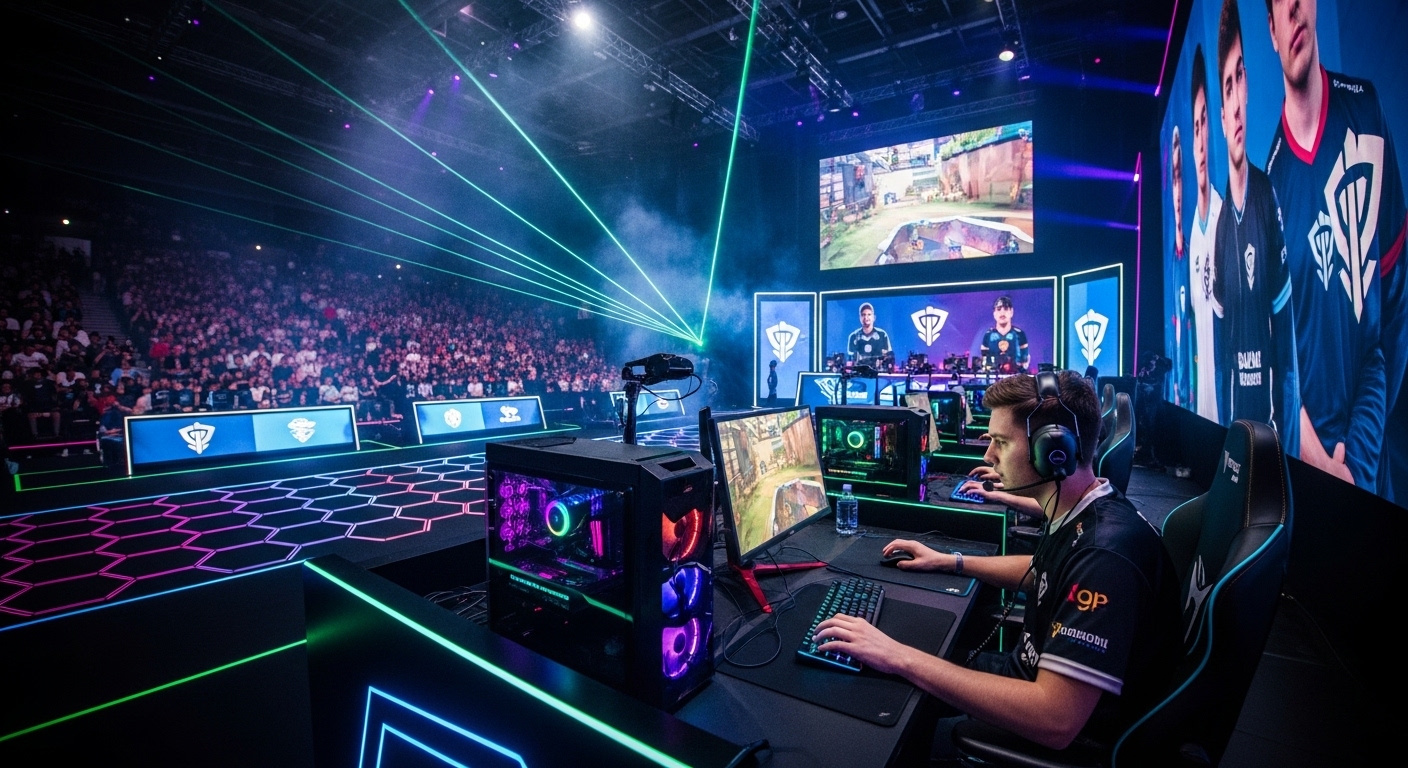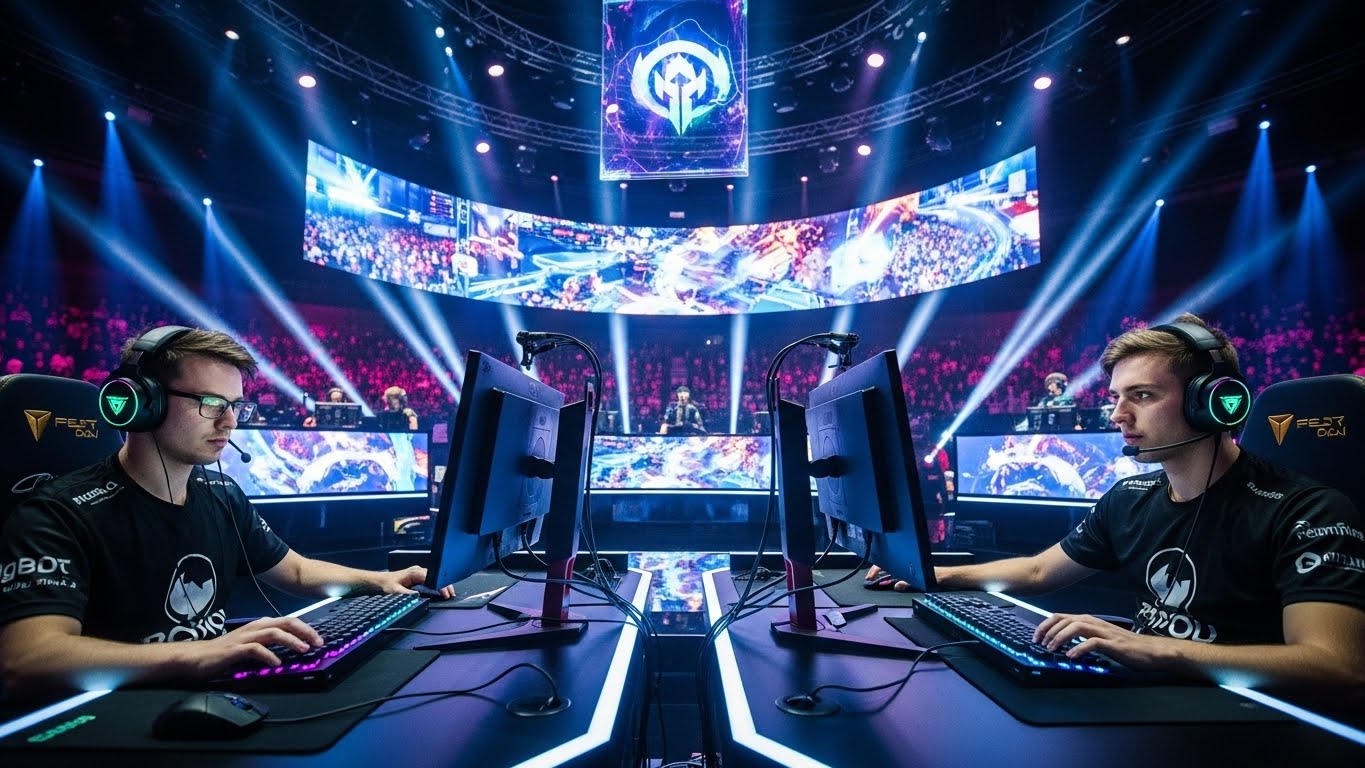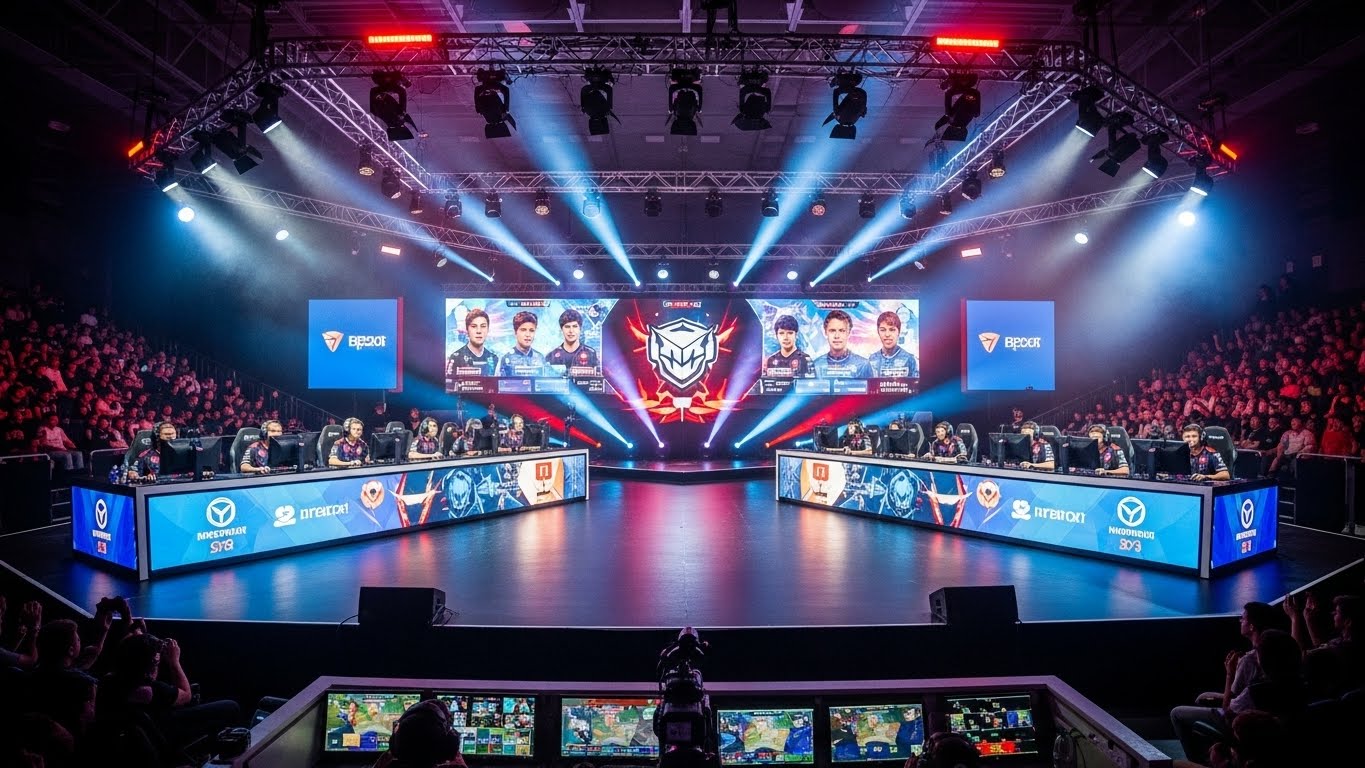The Rise of Esports
In the past two decades, gaming has evolved from a casual pastime into a global phenomenon known as esports. What began as small community tournaments has transformed into a multi-billion-dollar industry. Esports now fills massive arenas, attracts millions of online viewers, and creates opportunities for professional players, coaches, and even broadcasters. It is no longer just about playing games; it’s about competing, performing, and achieving greatness in a digital world.
A New Era of Athletes
Esports athletes, often called pro gamers, dedicate countless hours to mastering their craft. Their training routines are as disciplined as those of traditional sports players. They study strategies, analyze opponents, and maintain physical and mental fitness to handle the stress of competition. The stereotype of the “lazy gamer” has faded, replaced by disciplined individuals who treat gaming as both a career and a passion.
Global Reach and Cultural Impact
Esports knows no borders. From Seoul to Los Angeles, players from every corner of the world compete in tournaments that unite fans across languages and cultures. Games like League of Legends, Dota 2, and Counter-Strike have built international communities that share one passion — competition. Esports events often draw larger audiences than many traditional sporting events, showing how digital entertainment is reshaping global culture.
The Business of Esports
The esports industry is not just about games; it’s a complex ecosystem. Sponsorships, streaming rights, merchandise, and advertising form the backbone of this thriving market. Major brands are investing in teams and events, while universities are offering scholarships for talented players. Esports organizations function like traditional sports franchises, complete with managers, analysts, and marketing teams. This professional structure ensures long-term growth and sustainability.
Technology Driving the Revolution
Advancements in technology have fueled the rapid growth of esports. High-speed internet, powerful gaming PCs, and streaming platforms have made it easier for anyone to participate or watch. Virtual reality and artificial intelligence are beginning to influence game design, training, and audience experience. The integration of cutting-edge technology ensures esports will continue to evolve and captivate future generations.
Education and Career Opportunities
Esports has opened new educational and professional pathways. Schools and universities worldwide are introducing esports management and game design courses. Students are learning about teamwork, communication, and leadership through gaming. Beyond playing, careers in shoutcasting, event production, marketing, and game development are becoming mainstream options for young enthusiasts.
The Future of Esports
The future of esports looks brighter than ever. With growing audiences, improved technology, and increasing recognition, esports is solidifying its place alongside traditional sports. Virtual arenas will continue to expand, and the line between physical and digital competition will blur even further. Esports is not just entertainment — it’s the future of competition, creativity, and community.
Conclusion
Esports has proven that skill, strategy, and teamwork can thrive in the digital realm just as much as on a physical field. It represents a new kind of sport — one that combines technology, talent, and passion. As the world embraces this digital revolution, esports stands as a symbol of how innovation and human spirit can transform play into global achievement.



